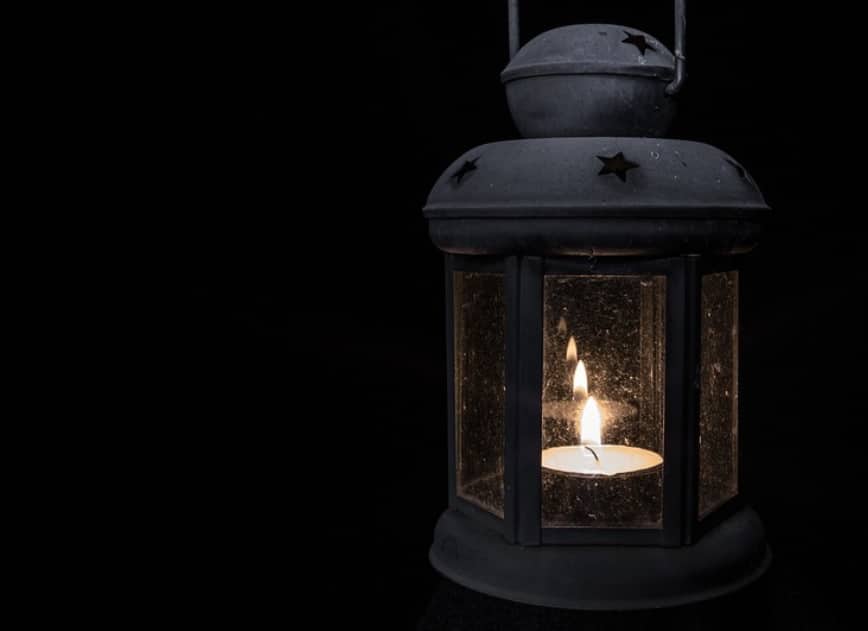Different Beliefs About Cremations

Navigating the complexities of final farewells often exposes us to a kaleidoscope of beliefs and practices, particularly when it comes to the subject of cremation. From ancient societies to modern cultures, interpretations of cremation rituals display vast diversity, both in practices and beliefs. These belief systems often mirror religious, philosophical, and societal values unique to a community or an individual. As the popularity of cremation continues to grow worldwide, an understanding of these different beliefs about cremations helps in fostering respect and sensitivity during these delicate moments. In St. Louis, Missouri, this rise in cremation is notably evident. Serving the community with the utmost empathy, we are a trusted provider of cremation service in St. Louis, MO, which is mindful of the varying belief systems held by those it serves, thus ensuring a dignified farewell for every cherished life.
Exploring Cultural Perspectives
Across the globe, the tapestry of cultural norms about death and the afterlife is as varied as humanity itself. Cremation, as a method of handling the deceased, carries a multitude of meanings, often deeply influenced by each culture’s unique context. For instance, in Hinduism, cremation is seen as a necessary rite to release the soul from its bodily confines, initiating its journey towards reincarnation. Contrastingly, traditional Jewish law prohibits cremation, aligning with a belief in the sanctity and permanence of the human body. The indigenous Australian cultures, meanwhile, used cremation as part of complex rituals to ensure the spirit’s safe passage to the ancestral realm. Despite differing views, all these practices underscore the same fundamental truth: our shared humanity in the face of mortality.
From Reverence to Disapproval
Religion significantly shapes how societies perceive cremation. In Buddhism, cremation is often preferred, reflecting the Buddha’s own passing and symbolizing the impermanence of life. On the other hand, the Catholic Church, until recent decades, firmly opposed cremation, viewing it as a negation of the doctrine of bodily resurrection. However, the Church’s stance has softened, now allowing cremation provided it doesn’t challenge the belief in resurrection. Conversely, Islam and Orthodox Judaism continue to discourage cremation, prioritizing earth burial as a show of respect to the deceased. Despite divergent views, religions strive to provide comfort, making the mourning process more bearable for the bereaved.
Understanding the Evolution of Cremation Practices
Historically, cremation has seen periods of favor and disfavor. During the Vedic period in India (1500-500 BCE), cremation was widely practiced. However, with the rise of Christianity in the Western world, burial became the norm, often due to religious prescriptions. As societies evolved, so did attitudes toward cremation. The advent of the Industrial Revolution in the 19th century brought about a resurgence of cremation, seen as a sanitary response to rapidly growing populations. Today, the rise of secular societies and environmental concerns have further propelled the acceptance of cremation. As people become more open to discussing death, cremation practices will continue to evolve, shaped by shifting societal norms and individual beliefs.

Conclusion
In conclusion, the global spectrum of beliefs surrounding cremation reflects our diverse cultural, religious, and philosophical landscapes. While these beliefs may differ, they all emphasize reverence, respect, and the dignified commemoration of a life lived. As the views towards cremation continue to evolve, it’s crucial to respect these varying belief systems and provide services that accommodate them, ensuring that every individual’s end-of-life wishes are honored. St. Louis Cremation, a reputable cremation service in St. Louis, MO, is committed to fulfilling this role. They understand the importance of handling every farewell with empathy and respect, acknowledging the intricate tapestry of beliefs about cremation. With the right approach, we can help foster an environment of understanding and acceptance, celebrating the rich diversity of human experiences even as we navigate the universal experience of loss. Contact us to know more about cremation.

